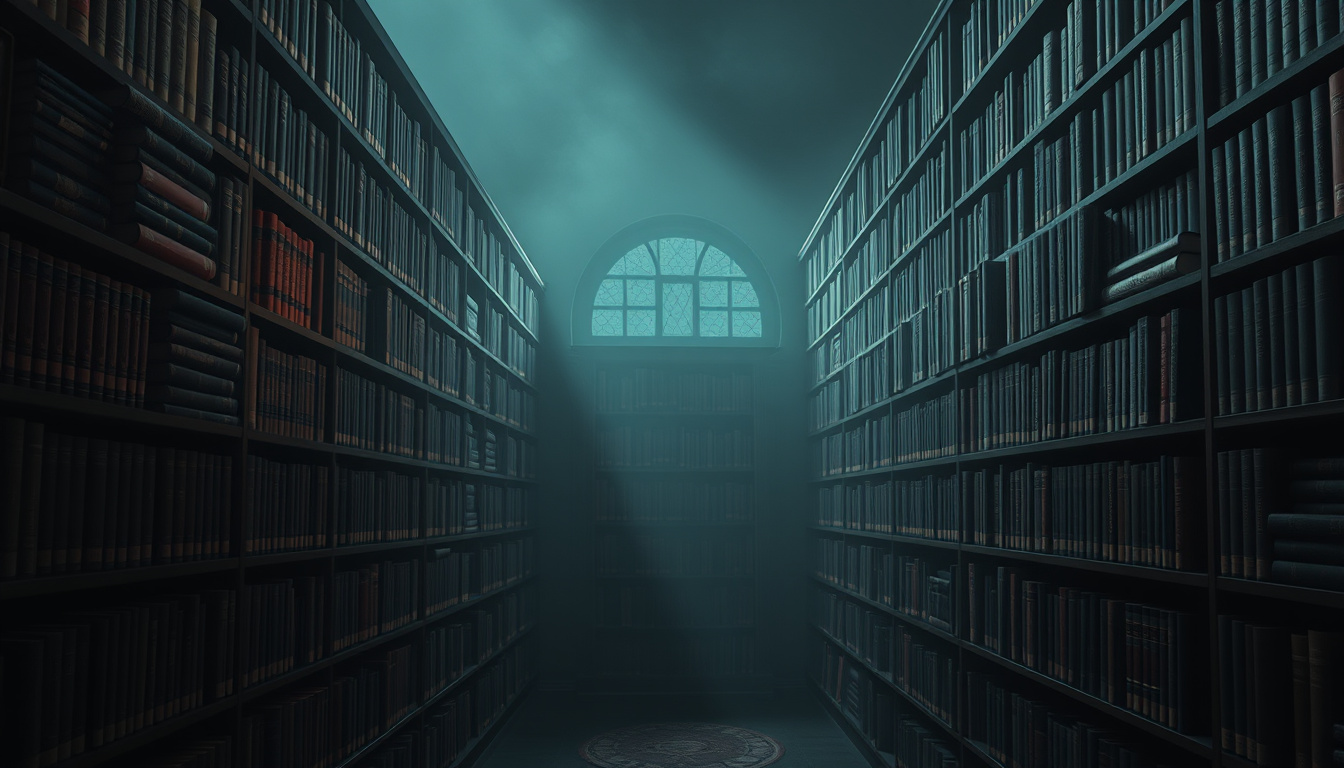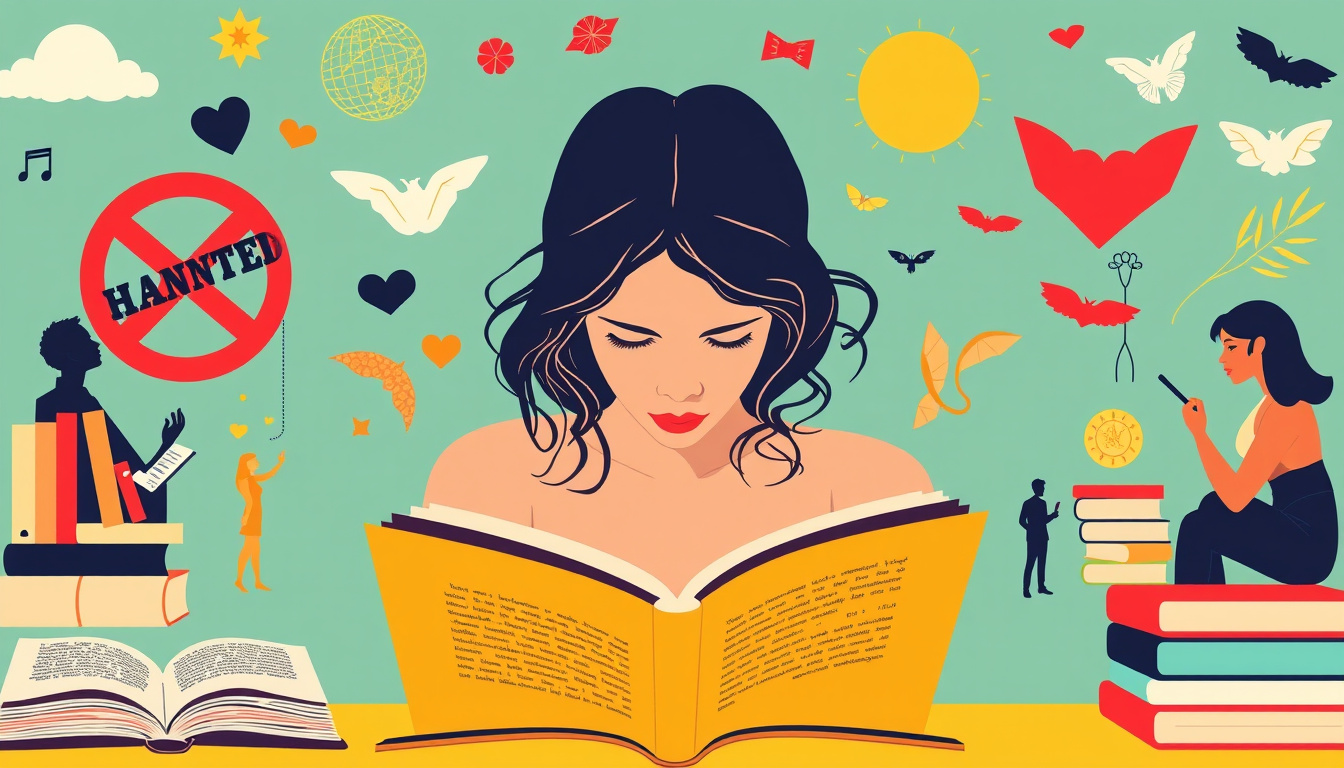Physical Address
304 North Cardinal St.
Dorchester Center, MA 02124
Physical Address
304 North Cardinal St.
Dorchester Center, MA 02124

Literature often serves as a mirror reflecting the complexities of human nature and society, including themes of sex and sexuality. However, throughout history, many books that confront these themes have faced censorship and bans due to their explicit content. In this article, we delve into some of the most infamous banned books known for their sexual content, examining the societal reasons behind their prohibition and the narratives they present.

Arguably one of the most notorious books in the realm of sexual literature, "Lady Chatterley’s Lover" was banned for its candid portrayal of a passionate affair between a working-class man and an upper-class woman. The explicit language and descriptions of sexual acts were deemed inappropriate, resulting in legal battles over its publication. Despite its controversy, the book explores themes of love and class, challenging the moral standards of its time.
This provocative novel elicits strong reactions due to its exploration of obsession and underage sexuality. The story follows Humbert Humbert, a literature professor, who becomes infatuated with a young girl named Dolores Haze (nicknamed Lolita). While praised for its literary merits, "Lolita" is often banned for its controversial subject matter, forcing readers to grapple with the complexities of morality, desire, and the intricacies of human psychology.
Considered one of the early works of feminist literature, "The Awakening" follows Edna Pontellier’s struggle for independence in a repressive society. Banned for its frank discussion of female sexuality and critique of traditional gender roles, this novel offers a powerful commentary on women’s autonomy and the constraints of societal expectations.
This dystopian novel is infamous for its exploration of violence and sexual deviancy. Its protagonist, Alex, engages in acts of "ultraviolence," which are often intertwined with sexual experiences. The book’s unique language and challenging themes led to its banning in several regions, yet it ultimately raises profound questions about free will and morality.
Targeted for its discussions on homosexuality, mental health, and sexual content, this coming-of-age novel follows Charlie as he navigates the complexities of adolescence. It was banned in various schools for its frank discussions about personal struggles, yet it offers empathy and understanding toward mental health challenges and the experience of young love.
In this novel, an elderly man reflects on love, aging, and regret while exploring the sensuality of youth. Banned for its sexual nature and themes of desire, it complicates the understanding of love across different stages of life, reinforcing that the desire for intimacy does not fade with age.
Known as England’s first pornographic novel, "Fanny Hill" chronicles the life of a young woman in the 18th century who becomes a prostitute. Its explicit nature led to numerous bans and prosecutions, demonstrating the tension between artistic expression and societal morals in literature.
Receiving a Pulitzer Prize for Fiction, "The Color Purple" addresses themes of race, sexuality, and resilience through the eyes of an African American woman in the early 20th century. Its candid discussions of sexual violence and the liberation of female sexuality have led to it being banned in various schools.
This landmark poem of the Beat Generation faced obscenity charges upon its initial publication due to its explicit content and critiques of contemporary society. After legal battles in the 1950s, the poem’s significance to American literature and its exploration of the human experience ultimately led to a triumph for free speech advocates.
The ongoing discourse surrounding censorship and the banning of books reflects the societal battles over sexual content and moral values. Many of the works discussed not only challenge societal norms but also continue to resonate with readers today. In celebrating the art of literature, we must acknowledge that the themes of sex and sexuality are integral to understanding humanity’s vast and complex nature. Each banned book invites readers to reflect on the shifting boundaries of acceptability and the essential role that literature plays in pushing those boundaries.
If you enjoyed this post and you’re craving more stories that sizzle, check out my books at Arizona-Jewel. From slow burns to explosive encounters, there’s a story waiting to sweep you away.